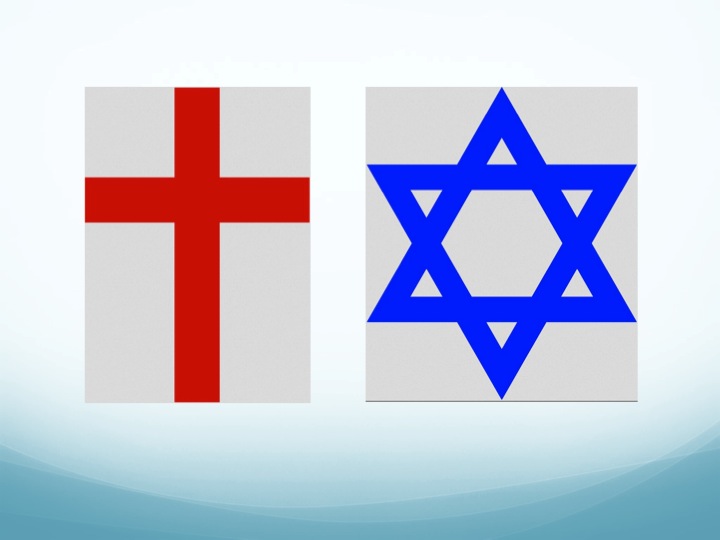Christianity—Molly King
Molly believes that spirituality is the one thing that joins all religions. She read an adaptation of a prayer by St. Francis of Assisi—“Lord make me an instrument of your peace…”—and said she tries to live by its admonitions. She finds spirituality is a source of energy. For her as a Christian, spirituality means following the example of Jesus. She concluded with another well-known reading, the Desiderata, that hangs in her home: “Go placidly amidst the noise and haste… .”
Atheism—Mary Ann Zeppatello
Mary Ann defines herself as an atheist and describes her spirituality as that of a humanist. She cannot identify with religion because of what has been done in the name of religion. Her ethical and moral principles have led her to be active in antiwar and environmental causes. She explained her spirituality as “my connections with every other being and living thing in the world.” Rather than attending a religious service, she practices spirituality in other ways, such as by meditating while skiing or by writing a letter to a politician.
Judaism—Jeanette Powell
Jeanette noted that each woman probably has a different definition for spirituality, but that spirituality is the one thing that unites all women across faith boundaries. She said that Judaism is not known for its spirituality; it is a concrete and observant tradition. For Jeanette, spirituality means focusing on her mission in life and staying connected to the Creator. She finds one of the more meaningful Jewish traditions to be the morning prayer, in which she praises God, gives thanks for another day, and sanctifies the day to make it holy.
Sharing
We broke up into small groups for discussions on spirituality. The questions focused on: How do we know our spirituality, that is, does it come from feelings, beliefs and/or activities? What are our daily or weekly spiritual practices? How does spirituality help us cope at time of personal challenge or when others in our religious or ethnic group do something we view as being wrong? How does spirituality affect us when we are being wronged, the object of persecution, or not being heard?
Some of the attendees asked for more information about the morning prayer that Jeanette mentioned. She explained that the reading includes prayers and praise, interspersed with directions to look inward and reflect on your body and health, your outlook on life, the needs of the world, and your purpose in life. Three examples of the prayers are:
• “Modeh ani l’fanecha. I give thanks to You, living and eternal King, for You have returned my soul within me with compassion. Abundant is your faithfulness.”
• “Blessed are You, Eternal our God, who heals all flesh and acts wondrously.”
• “My
God, the soul You placed within me is pure.”

